3 semester credits. This course is a general overview of ancient literature through the analysis and comparison of one of the oldest works of western civilization. Through the reading of some significant chapters taken from the Iliad, Odyssey, and Aeneid, students will examine the aristocratic world and heroes described by Homer in 8-7th century BC in order to reconstruct the society of early Greece. The stories presented in these three works, fundamental for classical civilization, show how Greeks used myth to express archetypal values that became immortal for successive generations. Myths are analyzed not only as incredible stories but also as bearers of important messages about life within society and as primary forms of communication and instruction.
Classical Studies
LACSAH325 The Age of Heroes: Iliad, Odyssey, Aeneid
LACSRW310 Daily Life in the Roman World - Pompeii and Rome
6 semester credits. This course focuses on life in ancient Rome by examining Pompeii as a model of Roman society. Students will study the ancient Roman city of Pompeii before its destruction by the eruption of Mount Vesuvius in A.D. 79. By examining the surviving artworks (frescoes, sculpture, objects d'art and architecture), and by reading primary sources, students will explore the daily life of ancient Pompeii including its economy, religious practices, entertainment, urban development, politics, and relationship with Rome. Students will spend four days on-site between Rome and Naples. In Rome students will visit the Forum, Colosseum, Pantheon, National Museum of Rome, and Baths of Caracalla before moving on to Naples where they will finish their presentations on-site in Herculaneum and Pompeii and visit the crater of Vesuvius. This class includes field learning hours. Field learning is a method of educating through first-hand experience. Skills, knowledge, and experience are acquired outside of the traditional academic classroom setting and may include field activities, field research, and service learning projects. The field learning experience is cultural because it is intended to be wide-reaching, field-related content is not limited to the course subject but seeks to supplement and enrich academic topics. Students will have the opportunity to integrate theory and practice while experiencing Italian culture, art, and community within the Italian territory. Faculty will lead students in experiencing Italian culture through guided projects and field experiences as planned for the course. Field learning will be developed through classroom preparation, follow up projects, and guided learning outcomes. Field learning will provide students with the opportunity to develop skills and appreciate the multifold components of Italian Culture through direct experience. Field education will advance student learning as a relationship-centered process.

